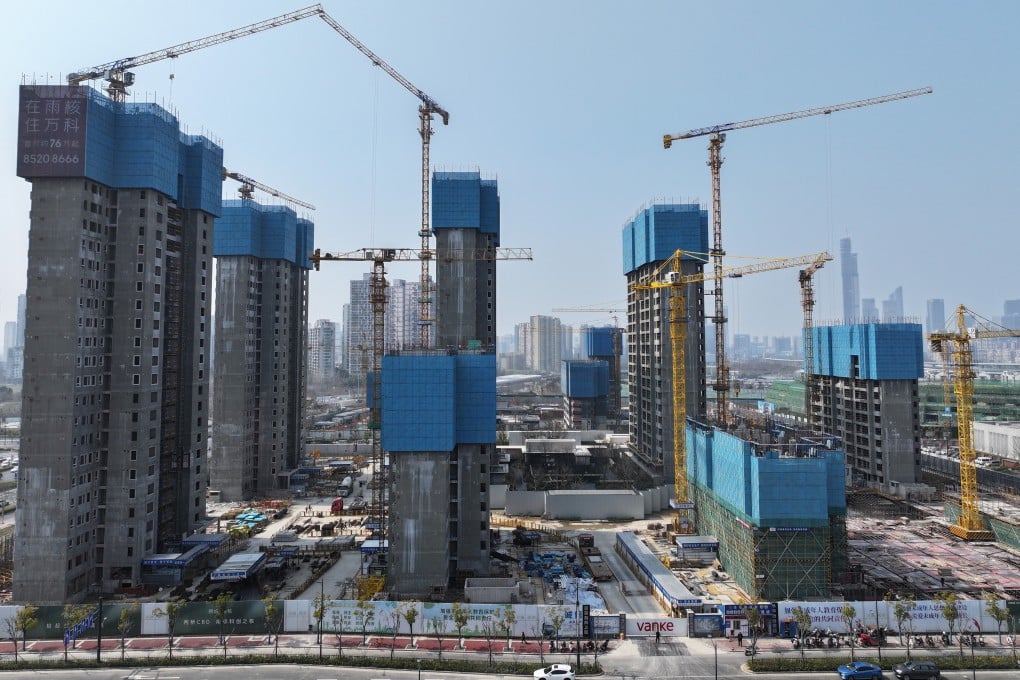Chinese developers, cities tempt homebuyers with perks like private-jet shares, residency
- ‘Developers cannot cut sales prices freely, so they offer more valuable incentives which serve as de facto discounts,’ an analyst says

From private jets to permanent residency in major cities, cash-strapped developers in mainland China are offering increasingly aggressive incentives to attract homebuyers as efforts by central and local authorities to rescue the property market fall short.
This month, the Nanjing branch of the state-owned property developer, China Merchants Property, announced that purchasers in one of its projects would be eligible for perks including flight lessons and a 5 per cent stake in a private jet. The ploy followed an earlier advertisement claiming that buyers would be “gifted private jets”, which went viral on social media.
Meanwhile, a handful of cities across China, including major urban hubs such as Suzhou and Wuhan, have tried to entice buyers and stimulate demand by announcing that they would allow non-local homebuyers to apply for residency.
“Since the beginning of 2024, developers and local governments have been continuously introducing aggressive supportive policies,” said Xiaoxi Zhang, China finance analyst at Gavekal Dragonomics, a market research firm. “Due to price controls on new housing sales, developers cannot cut sales prices freely. So they offer more valuable incentives which serve as de facto discounts.”
